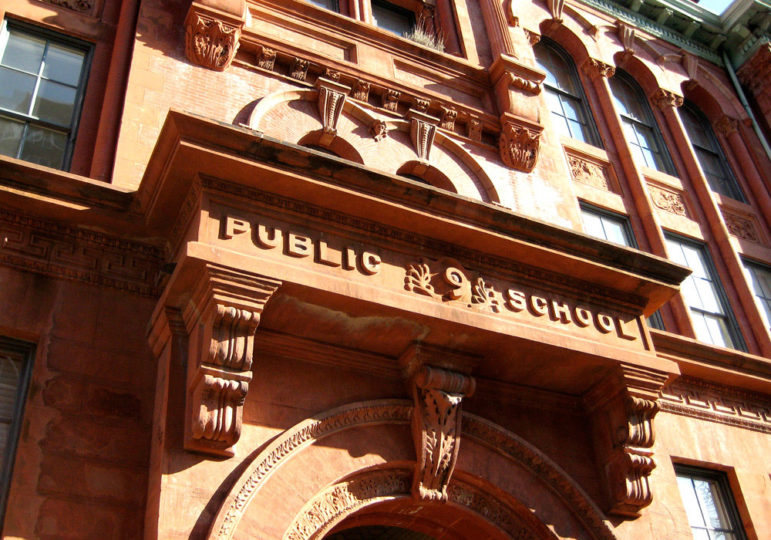
October 9, 2016; Detroit News
Would traditional public schools be more effective if they were governed more like charter schools? Is the democratic process of governance that marks traditional public schools worth its costs? The Thomas B. Fordham Institute, a strong supporter of school reform, choice, and charter schools, recently released the results of their effort to answer these questions: “Charter School Boards in the Nation’s Capital.”
While the particular details vary from state to state, each charter school is structured as an independent organization that contracts with an authorized governmental unit to provide a publicly funded educational program. Traditional public schools are governed by elected school boards or boards appointed by elected city/state officials; charter schools, like many nonprofit organizations, are usually governed by self-appointed boards of directors.
In two ways, traditional public school boards differ little from their charter school counterparts. Both draw their leadership from a narrow band of their communities which the report labels as the “best and the brightest.”
We see in these data a picture of board members who are highly educated, successful, selfless, and civic-minded and who care enough about the education of children other than their own to devote themselves to trying to make schools better. Both groups are also reasonably informed about the schools they govern. […] Finally, the same majority of both district and board members responded that they do not have school-aged children.
In both sectors, board training seems to matter.
Our prior research shows that district boards with members who report particular work practices (including participating in professional development) are linked to better student-achievement outcomes than would be expected given the circumstances of their districts (that is, they “beat the odds”). The current study shows that charter board members of higher-quality schools are also more likely to participate in specific kinds of training.
The study found that D.C.’s charter boards are more racially, generationally, and politically diverse than the national public school board sample.
Public district school boards tend to have more white members. […] Charter schools are also more balanced in age than traditional boards. D.C.’s charter school board members describe themselves as more politically liberal than the national sample of public schools.
Sign up for our free newsletters
Subscribe to NPQ's newsletters to have our top stories delivered directly to your inbox.
By signing up, you agree to our privacy policy and terms of use, and to receive messages from NPQ and our partners.
Because charter board members are appointed—and not, in most cases, elected—they may be able to draw from a “deeper talent pool.” The electoral process takes personal time and money and can expose one’s private life to public scrutiny and controversy, none of which is asked of individuals in the charter school sector. For some qualified individuals, these are costs they are not willing to pay. And a self-selected board is more likely to result in board members who “are likeminded and supportive of one another…their working relationship is not subject to the vagaries of the latest election returns.”
Charter boards appear to ask much less time and effort from their members than traditional boards do.
Many charter boards meet every six to eight weeks, and members spend an average of six hours per month on board service. Contrast that with district board members—42 percent of whom report spending twenty-five hours or more on board business a month and just 7 percent of whom report spending fewer than seven hours per month. They typically meet at least once, and often twice, per month.
From the Fordham Institute’s perspective, being less accountable to the electorate and being asked to give less time allows charter schools to attract a stronger caliber of board member:
It seems likely that the kinds of people who are apt to be good board members will find service on charter boards more appealing and perhaps more rewarding than service on district boards. You don’t have to run for election. You don’t have to bargain with an antagonistic union. You have much greater say about budgets and personnel. You don’t spend endless hours every week on school business.
And, they speculate, this should allow charter schools to be more effective then their traditional public school rivals.
Well-governed charter schools can operate as well as the best traditional public school systems. For the Fordham Institute, the privatization of governance is no loss to be concerned about. They ask, is not an improvement when “our schools…rise above crass politics, as the progressives of a century ago sought for public education?”
Charter schools have not proven to be universally better than traditional public schools. In both cases, well-run schools and school systems can teach our children effectively. Neither model is immune from corruption and mismanagement. “Crass politics” from one perspective is public accountability from another. Much more debate and consideration is needed before we give up democratic processes, even when they have some flaws.—Martin Levine













